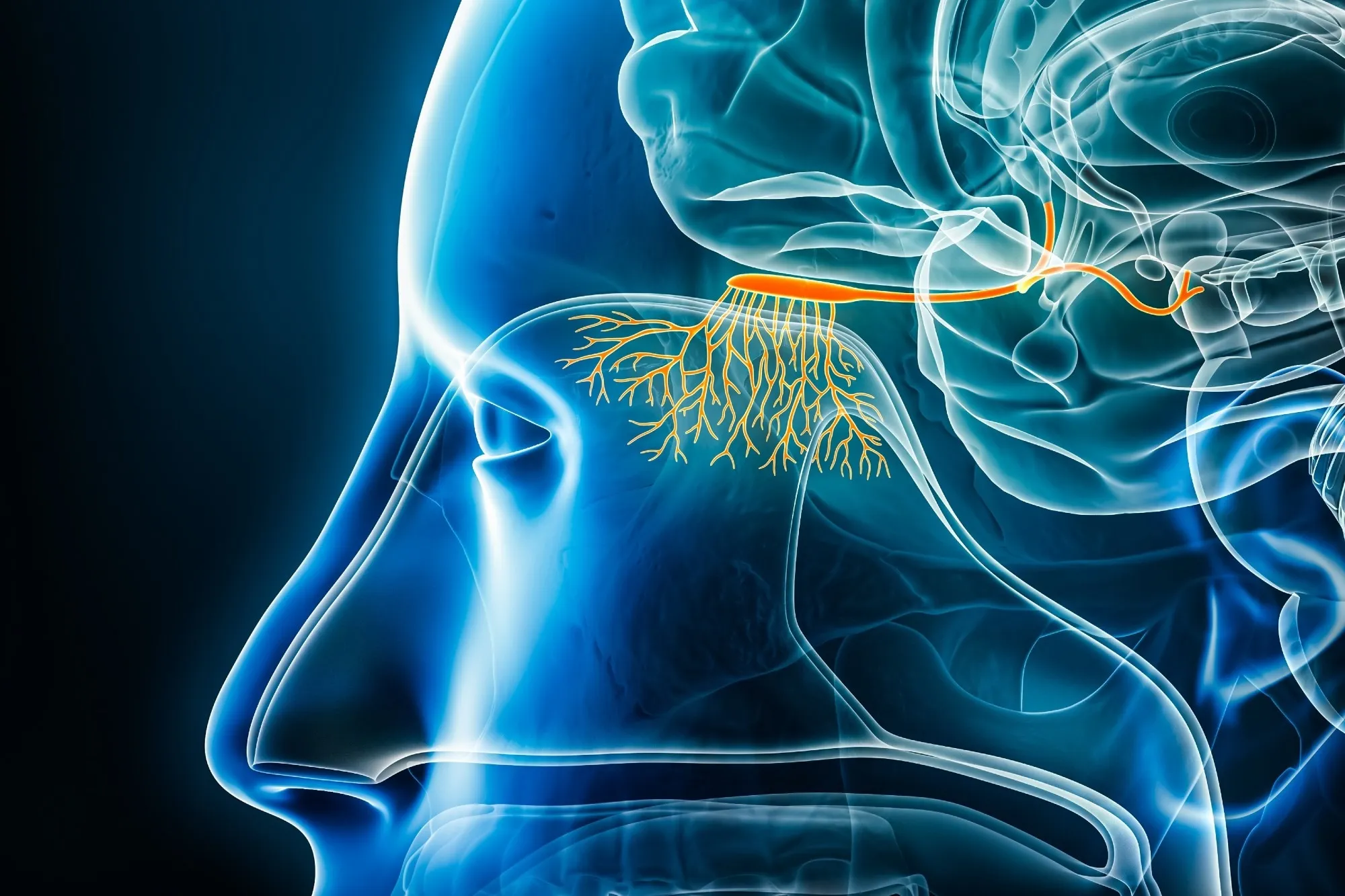Understanding Microplastics in the Brain: Implications for Blood and Organ Health

Microplastics and Their Impact on Human Health
Recent studies have pointed to the alarming presence of microplastics within the human brain, specifically within the olfactory pathway. This finding not only reveals how these particles can infiltrate the brain but also raises questions about their effects on bodily functions, particularly concerning blood contamination.
How Microplastics Enter the Brain
- The olfactory pathway serves as a potential route for microplastics to breach the blood-brain barrier.
- This contamination has implications for the functioning of neurons and overall neurological health.
Concerns About Pollution and Health
With rising pollution levels, the concern about microplastics extends beyond the brain. Researchers have also observed their presence in vital organs, including the liver and lungs. Continuous exposure to these contaminants poses risks not just to brain health but the entire body’s functionality.
The Role of the Placenta and Semen
Additionally, the effects of microplastics on reproductive health are gaining attention. Studies indicate that there might be a link between placenta contamination and effects on semen quality, which could impact future generations.
Ongoing research is crucial to fully grasp the implications of microplastics on human health.
Disclaimer: The information provided on this site is for informational purposes only and is not intended as medical advice. We are not responsible for any actions taken based on the content of this site. Always consult a qualified healthcare provider for medical advice, diagnosis, and treatment. We source our news from reputable sources and provide links to the original articles. We do not endorse or assume responsibility for the accuracy of the information contained in external sources.
This article was prepared using information from open sources in accordance with the principles of Ethical Policy. The editorial team is not responsible for absolute accuracy, as it relies on data from the sources referenced.